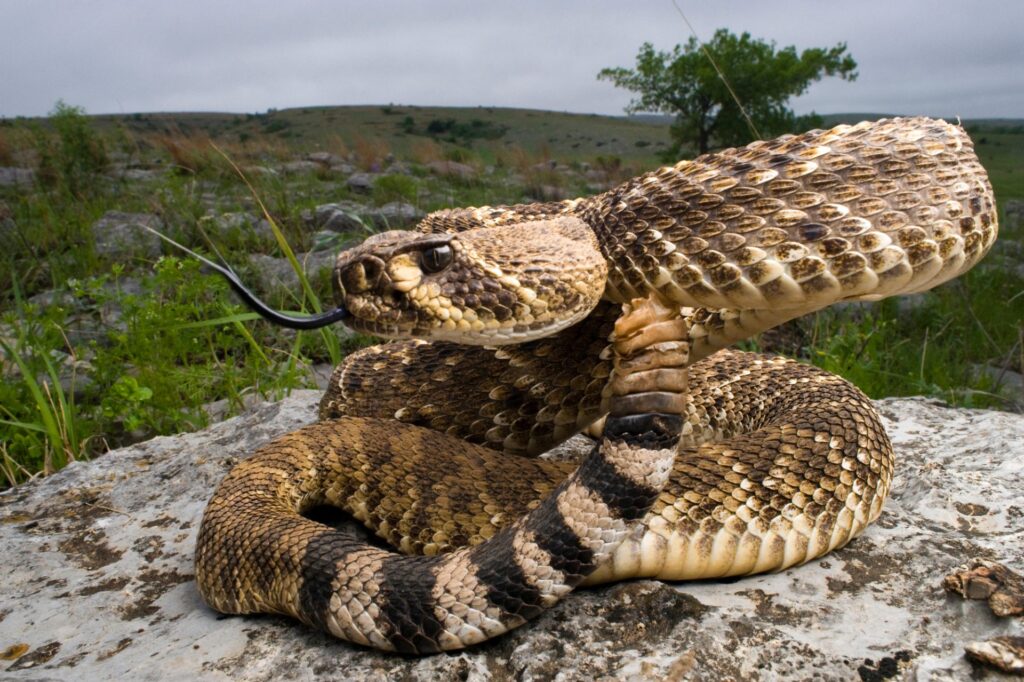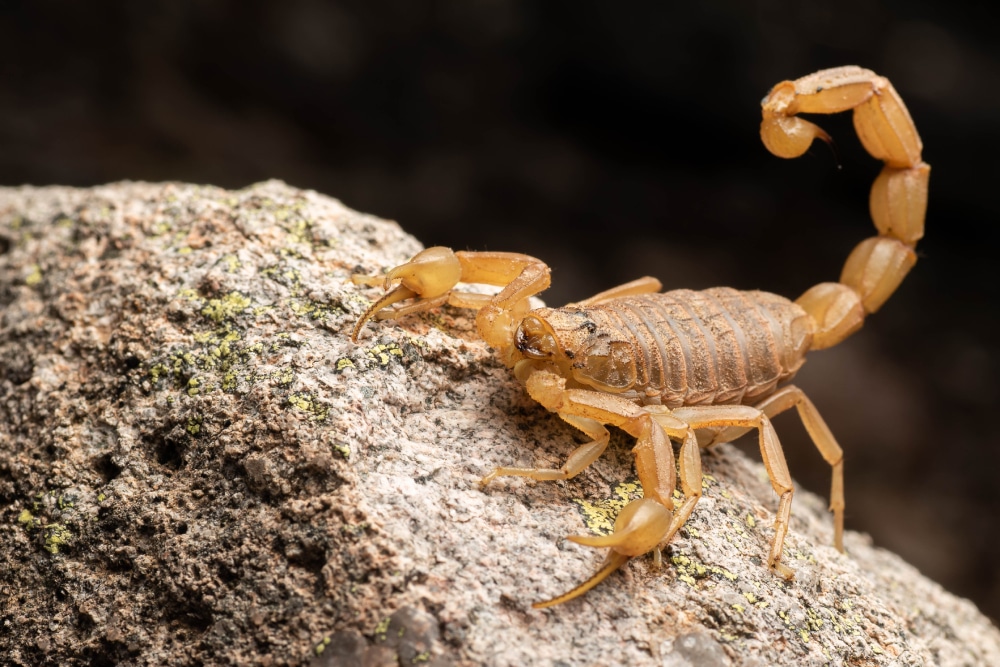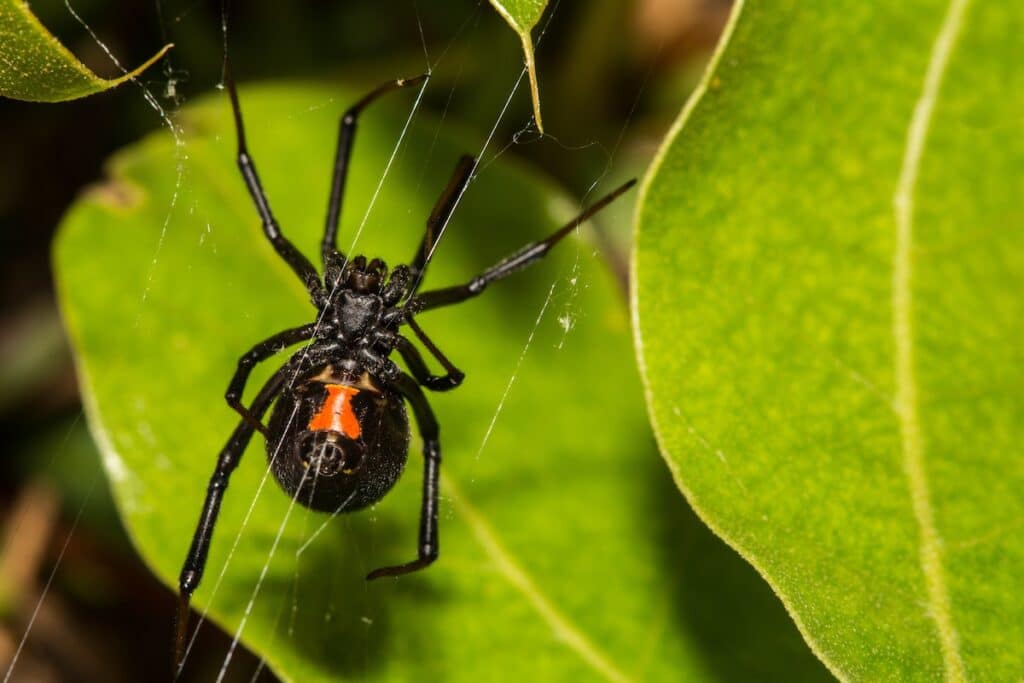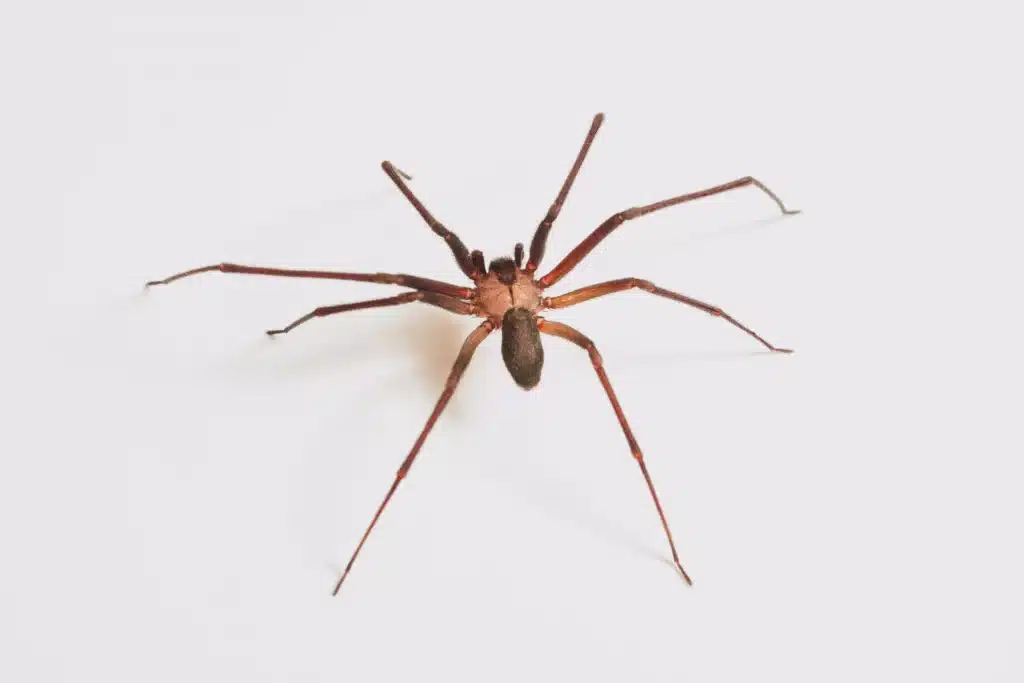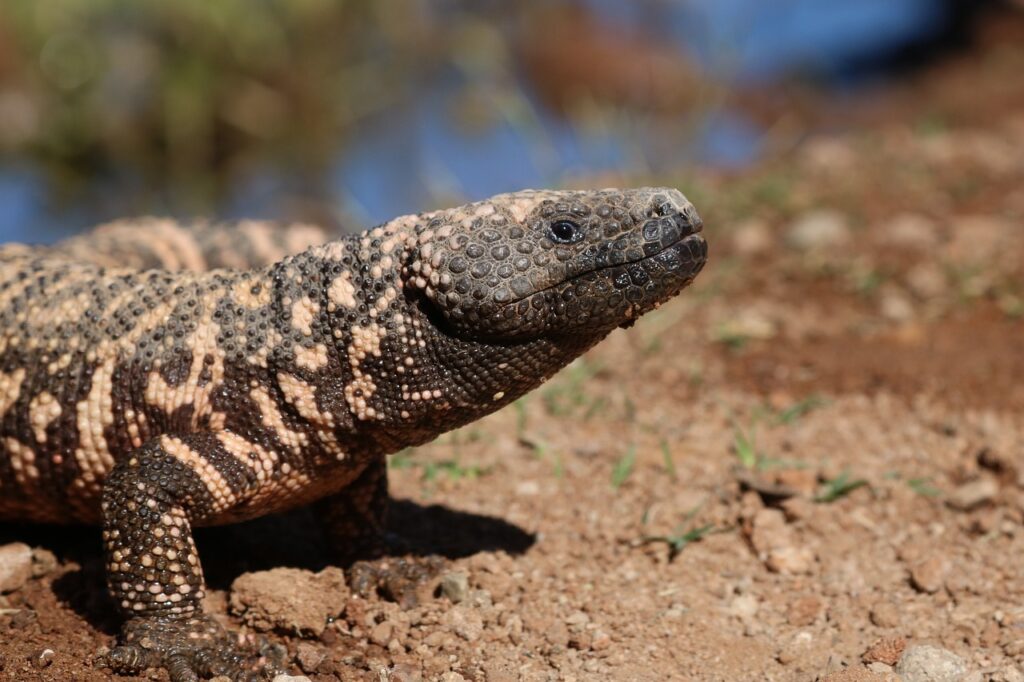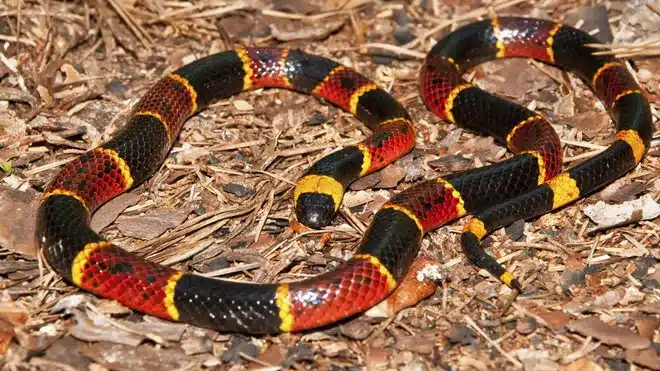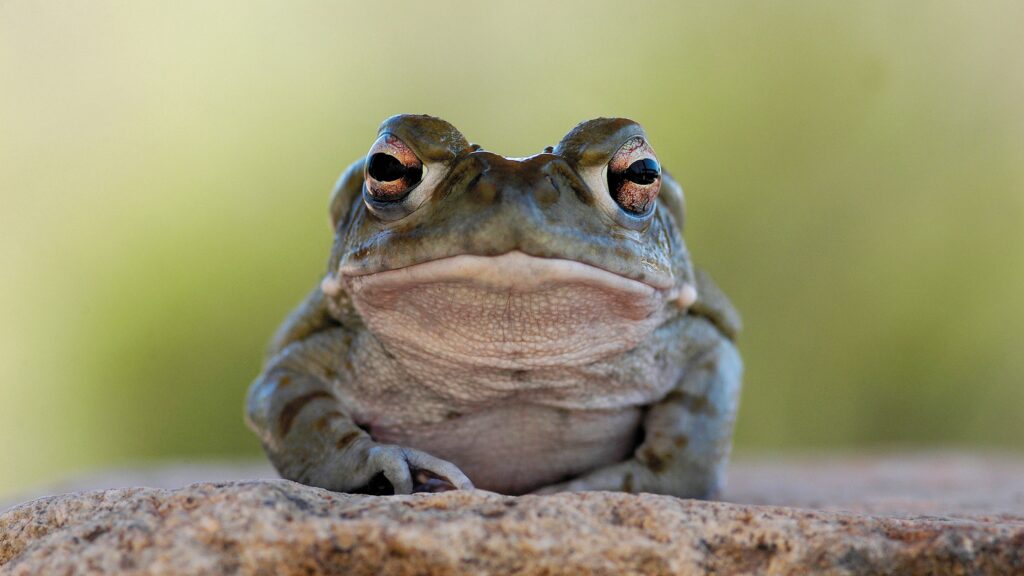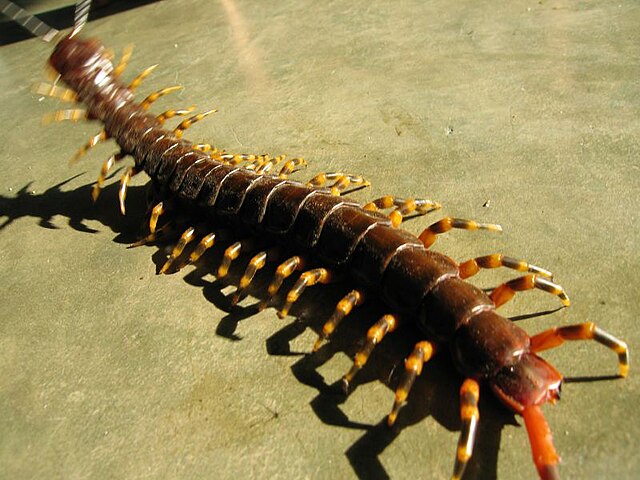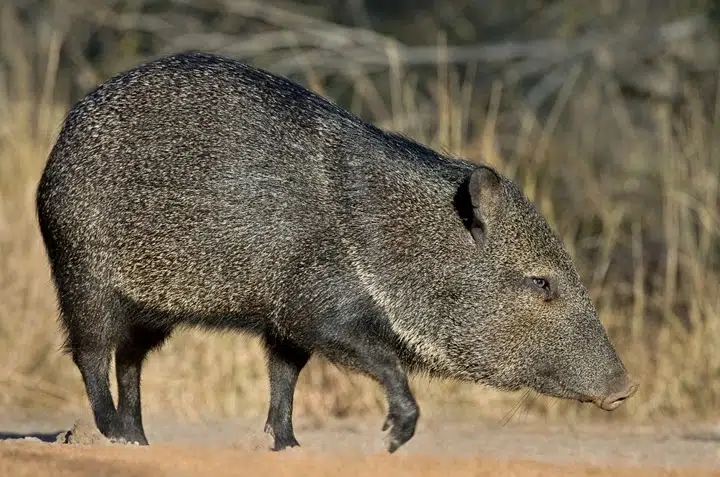Arizona is famous for its breathtaking deserts, but it’s also home to some of the most dangerous animals in North America. If you love exploring the outdoors in the Grand Canyon State, you’ll want to know which animals to watch out for. From venomous snakes and spiders to aggressive insects and even large mammals, here are the top 10 most dangerous animals you might encounter in Arizona.
Top 10 Most Dangerous Animals in Arizona
1. Western Diamondback Rattlesnake
- The most common and aggressive rattlesnake in Arizona.
- Can grow up to 4 feet in length and has distinctive diamond-shaped markings.
- Venomous bite causes pain, swelling, and can be deadly if untreated.
- Found in deserts, grasslands, and even near rural roads after sunset.
If you hear a raspy rattle, back away slowly—these snakes are not shy about defending themselves!
2. Arizona Bark Scorpion
- Small (1-3 inches) but packs a venomous sting that causes extreme pain, numbness, and sometimes convulsions.
- The most venomous scorpion in the United States.
- Commonly hides under rocks, logs, or even inside homes during warm nights.
- Medical attention is needed for severe reactions, especially in children and the elderly.
3. Black Widow Spider
- Females are identified by a shiny black body with a red hourglass marking.
- Bite can cause severe muscle pain, cramps, and difficulty breathing.
- Usually hides in dark corners, garages, and woodpiles.
- Most bites are not fatal thanks to effective medical treatments, but prompt care is important.
4. Brown Recluse Spider
- Shy, brown spider with a violin-shaped mark on its back.
- Bites can cause tissue damage and open sores that may become severely infected.
- Often found indoors in storage boxes, shoes, or behind furniture.
5. Gila Monster
- One of only a few venomous lizards in the world.
- Boldly patterned with black and orange or yellow markings.
- Venomous bite is rarely fatal but can cause intense pain and swelling.
- Usually avoids humans unless threatened.
6. Coral Snake
- Has bright bands of red, yellow, and black.
- Its venom affects the nervous system and can be fatal if not treated quickly.
- Often confused with harmless lookalike snakes, so it’s best to steer clear of any brightly banded snakes.
7. Sonoran Desert Toad
- Secretes toxins from its skin that can harm pets and sometimes humans.
- Often found near water sources, especially after the monsoon rains.
- Smoking the milked poison of the Sonoran Desert toad and is considered to be the most powerful hallucinogen in the world.
8. Africanized “Killer” Bees
- Extremely aggressive and will chase perceived threats over long distances.
- Multiple stings can be dangerous, especially to allergic individuals or small pets.
- Often nest in holes or sheltered areas around homes.
9. Centipedes
- Large desert centipedes can reach 8 inches long.
- Venomous bite causes intense burning pain and swelling, but is rarely fatal.
- Commonly found under rocks and logs or in cool, moist places.
10. Javelina (Collared Peccary)
- Medium-sized wild pig that travels in groups and can become aggressive if threatened.
- Powerful jaws and tusks can cause serious injury in defensive situations.
- Frequently seen near campgrounds and rural neighborhoods, especially in northern Arizona.
Danger Level Comparison Table
| Animal | Type of Threat | Found In | Medical Risk |
|---|---|---|---|
| Western Diamondback Rattlesnake | Venomous bite | Deserts, grasslands, rural roads | High (can be fatal) |
| Arizona Bark Scorpion | Venomous sting | Homes, under rocks/logs | High (severe pain, rare fatalities) |
| Black Widow Spider | Venomous bite | Homes, woodpiles, sheds | Moderate to high |
| Brown Recluse Spider | Venomous bite | Indoors, clutter | Moderate (can cause necrosis) |
| Gila Monster | Venomous bite | Deserts, rocky areas | Low (painful but rarely fatal) |
| Coral Snake | Venomous bite | Deserts, woodlands | High (requires antivenom) |
| Sonoran Desert Toad | Toxic secretions | Near water, after rains | High (dangerous to pets) |
| Africanized Bees | Multiple stings | Nests in urban/rural areas | High (especially for allergies) |
| Centipede | Venomous bite | Under rocks, cool areas | Low (severe pain) |
| Javelina | Physical attack | Wooded, rural areas | Moderate to high (if provoked) |


